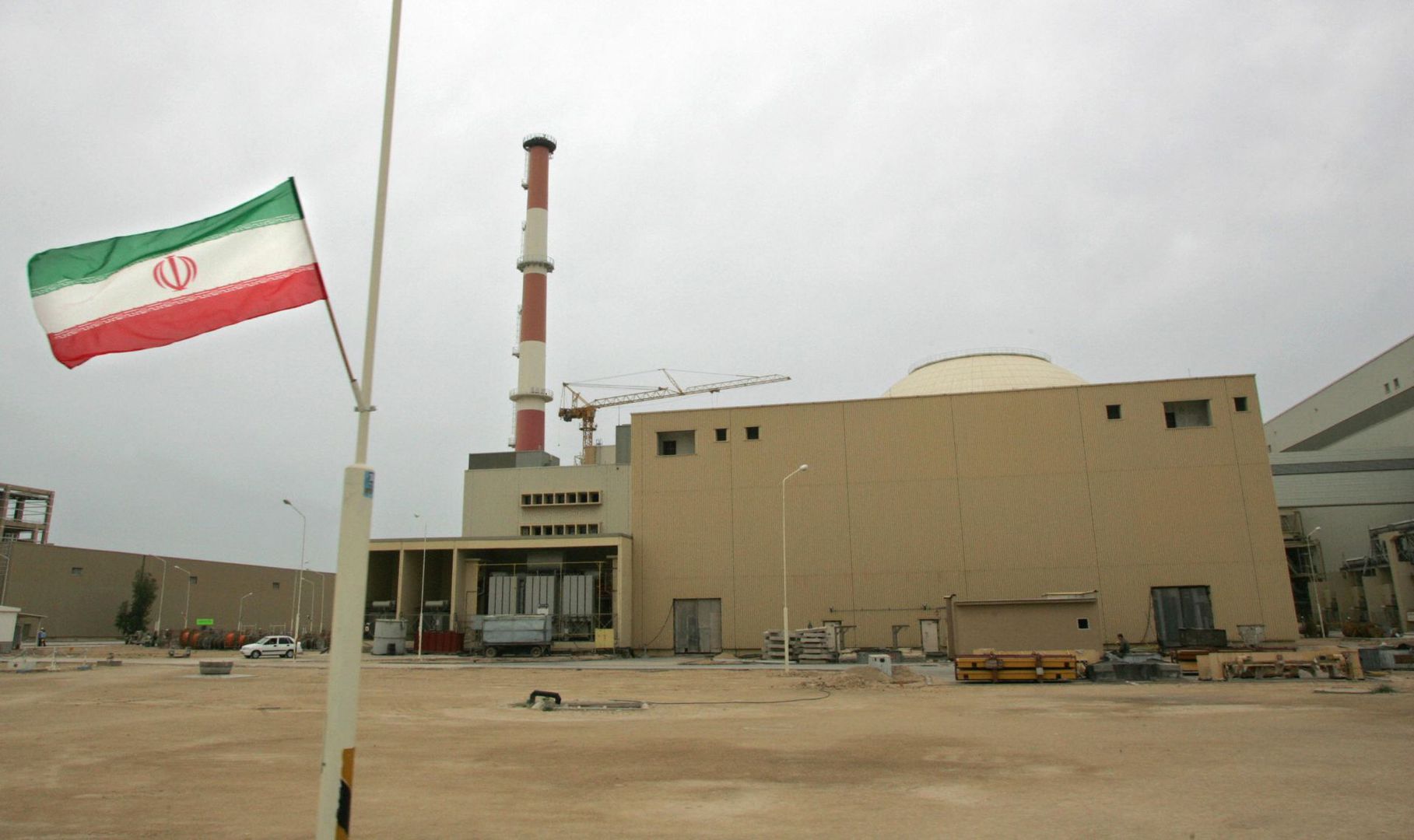Washington Post , Iraqis are divided over what political framework they want for their government and what role Islam will play in it, according to a new survey by the State Department's Office of Research.
“The public divides among those who support a democracy based on human rights, those who support an Islamic state based on Islamic Sharia law, and those who support a mix,” the authors of the survey wrote in a report dated Sept. 21 and released yesterday on the Baghdad-based Coalition Provisional Authority (CPA) Web site.
“The main difference between those who support a democracy and those who support an Islamic state is their views on the appropriate role of religion in politics,” the authors said, adding that “support for religious figures in government does not necessarily preclude support for leadership accountability . . . through such mechanisms as elections and free speech.”
In releasing the poll, the CPA said it “shows Iraqis agree on the importance of good governance and pluralism, but divide on preferred system of government.”
When broken down geographically, the poll reinforces the differences among the Kurds in the north, the Sunnis in central Iraq and the majority Shia in the south, illustrating the difficulties facing any group trying to form a constitutional government. “The data suggest that Iraqi citizens have different ideas of what democratic and Islamic political systems mean on a functional level,” the survey says, and “no public consensus on what type of political framework is best for Iraq.”
The survey was based on 1,444 interviews in seven urban areas designed to include the religious and nationalist tendencies of Iraq, the Shia and Sunni Muslims of central and southern Iraq and the Kurds of the north.
In two cities (Irbil and Sulaymaniyah) polled in the Kurdish north, a Western-style democracy or a mix with Islam is overwhelmingly favored. In the southern cities of Basra and Najaf, where the majority Shia predominate, almost two-thirds of those polled thought it important that religious leaders play a large role in politics, and an Islamic state is far more popular.
Even in Baghdad, almost 60 percent of the respondents thought it important that religious leaders play a major role in government, and more than half of the respondents considered it “very important.” The capital city was almost evenly divided, with about a third favoring a Western democracy, another third a mix of democracy and Islam, and the final third wanting an Islamic state with sharia, the religious law, as part of government.
The State Department poll showing respondents' desire for a religious role in government appears to run counter to what Bush administration leaders expected. Last month, Vice President Cheney referred to a Zogby International poll which he said showed overwhelming opposition to an Islamic government.
“If you want to ask them do they want an Islamic government established, by 2 to 1 margins they say no, including the Shia population,” Cheney said on NBC's “Meet the Press.”
According to the poll, 92 percent of those surveyed in Najaf favored an Islamic state; in Basra, 31 percent preferred an Islamic state and 23 percent wanted a mix of democracy and Islam.
Although the poll showed that Iraqis want Islamic religious figures involved in government, it also showed deep mistrust about past political parties and some exiled leaders who have recently returned.
Ahmed Chalabi, for example, a Shiite exile who heads the Iraqi National Congress and is a favorite of the Pentagon, is an appointed member of the Iraqi Governing Council. In the poll, 38 percent said they did not know enough about him to comment. Nonetheless, he has by far the highest unfavorable rating among the 25 council members listed in the survey — 35 percent of those polled said they were unfavorable toward Chalabi, while 26 percent were favorable.
Abdul Aziz Hakim, a Shia religious leader on the council, drew a 58 percent favorable rating and a 12 percent unfavorable rating, most of which came from the predominantly Sunni areas.
When asked which of the leaders in Iraq they trust most, almost two-thirds would not volunteer a name.
More than two-thirds had not heard enough to have an opinion of 18 of the 25 Iraqi Governing Council members.
In-depth interviews conducted in one area showed what the report described as “unusually negative” views of the council, saying “several participants questioned its independence.” This reflected an earlier Gallup survey in Baghdad that found three-quarters of those polled described the council's policies as “mostly determined by the coalition's own authorities.”






